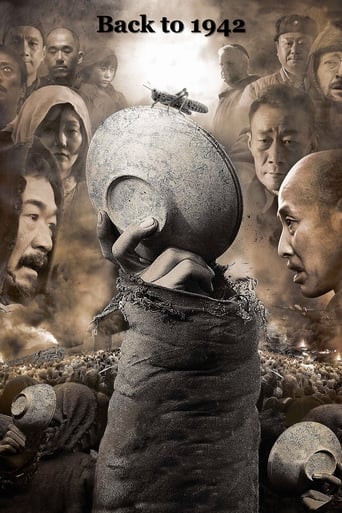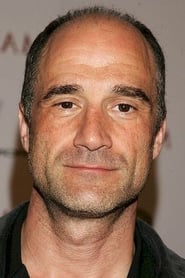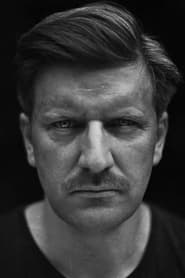The best Adrien Brody’s war movies

Adrien Nicholas Brody was born in Woodhaven, Queens, New York, the only child of retired history professor Elliot Brody and Hungarian-born photographer Sylvia Plachy. He accompanied his mother on assignments for the Village Voice, and credits her with making him feel comfortable in front of the camera. Adrien attended the American Academy of Dramatic Arts and LaGuardia High School for the Performing Arts in New York.
The Pianist

8.5/10
The true story of pianist Władysław Szpilman's experiences in Warsaw during the Nazi occupation. When the Jews of the city find themselves forced into a ghetto, Szpilman finds work playing in a café; and when his family is deported in 1942, he stays behind, works for a while as a laborer, and eventually goes into hiding in the ruins of the war-torn city.
The Thin Red Line

7.6/10
The story of a group of men, an Army Rifle company called C-for-Charlie, who change, suffer, and ultimately make essential discoveries about themselves during the fierce World War II battle of Guadalcanal. It follows their journey, from the surprise of an unopposed landing, through the bloody and exhausting battles that follow, to the ultimate departure of those who survived.
Air Strike

3.2/10
An American pilot is sent to a Chinese province to teach a crew of would-be pilots how to fly war planes against the Japanese during World War II.
Harrison's Flowers

7/10
1991. Harrison Lloyd, a renowned photojournalist covering the war in Yugoslavia, is reported missing. Sarah, his wife, convinced that he is not dead, decides to go to Bosnia to find him.
Back to 1942

6.9/10
In 1942, Henan Province was devastated by the most tragic famine in modern Chinese history, resulting in the deaths of at least three million men, women and children. Although the primary cause of the famine was a severe drought, it was exacerbated by locusts, windstorms, earthquakes, epidemic disease and the corruption of the ruling Kuomintang government.

















